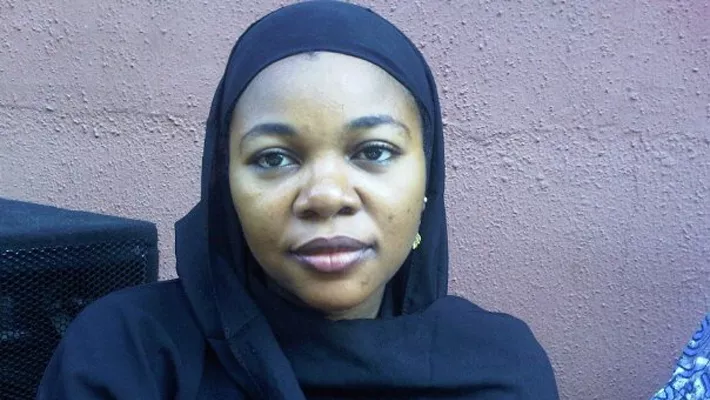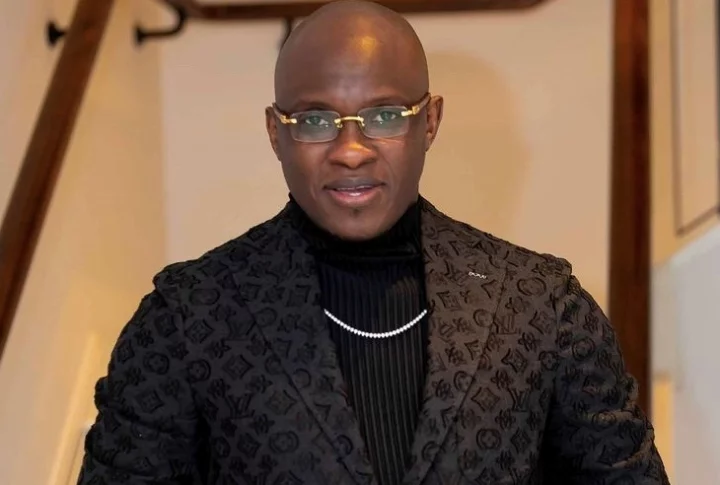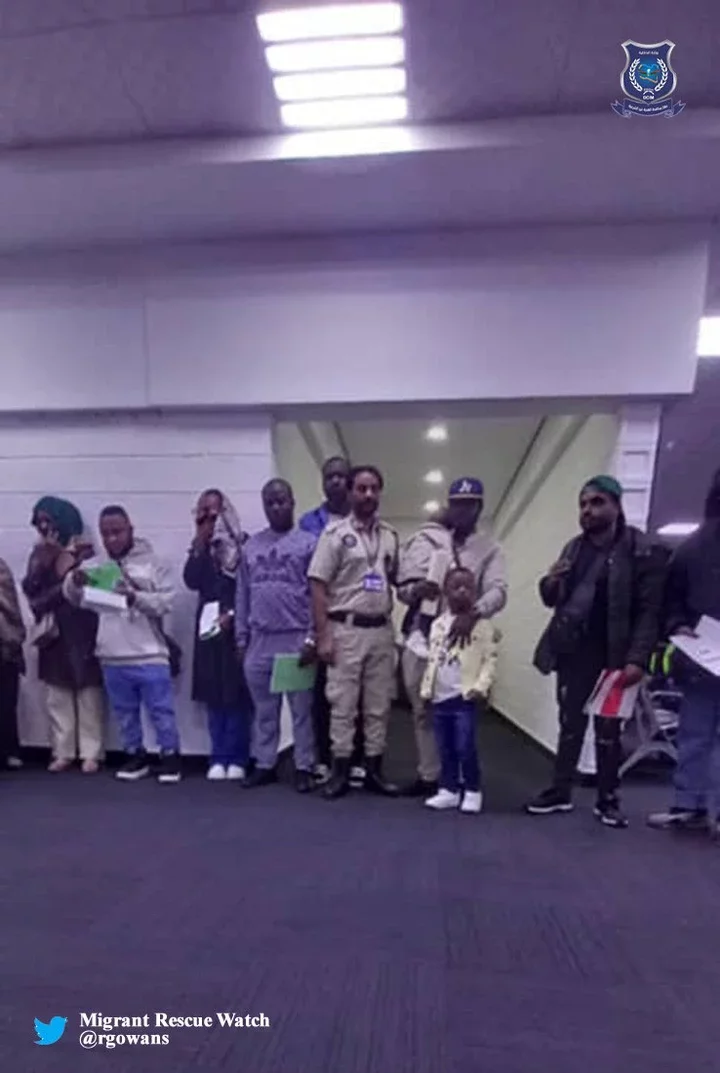
Zainab Ettu, a senior prosecutor for the anti-graft office, EFCC, may soon be deported along with her children and estranged husband after a Canadian federal court ruled that she did not provide sufficient proof that the vicious Eiye Confraternity was harassing her and her family.
Mrs Ettu, who worked on high-profile EFCC cases like the prosecution of Innocent Chukwuma of Innoson Motors and airline chief Kayode Odukoya, fled to Canada in December 2018. She alleged the Eiye cult group targeted her after she tried some of its top members.
Court filings seen by Peoples Gazette showed that her husband, Saheed Adeyemi Ettu, first travelled to Canada in July 2017 to pursue a master's degree in information system business analysis at George Brown College while she and their children remained in Nigeria.
Mrs Ettu claimed she "began to experience harassment" from Eiye cultists in May 2017 after prosecuting a "cult member on fraud charges." It was not immediately clear when she resigned from the EFCC. A spokesman for the office did not immediately return a request seeking comments on Thursday morning.

She told the Canadian court that "unknown men attempted to bribe her, she was followed by unknown vehicles, and threatening letters were left on her vehicle."
The threats led her to apply for asylum in Canada, but her request was denied. She appealed her rejection to the Refugee Appeal Division, RAD, which still upheld her asylum rejection.
"The RPD dismissed the family's refugee claim, finding that they had a viable internal flight alternative in Port Harcourt," filings at the federal court in Ottawa, Ontario, on August 22 said. "The family appealed the RPD's ruling to the RAD." The RPD is the Refugee Protection Division.
But Mr Ettu, whose relationship with his wife had become estranged in October 2019, filed a separate appeal to seek a reversal of the asylum rejection.
"The RAD upheld the RPD's decision but did not address Mr Ettu's risks separately from those of his wife and children," the documents stated.
Mr Ettu informed the Canadian court that neither he nor his wife had initiated divorce proceedings in Nigeria; hence, the Eiye cult still regarded him as Ms Ettu's husband and that he might be hurt if he returned to Nigeria.

Still, the RAD upheld his asylum denial because he had already left Nigeria to study in Canada when his wife began taking the Eiye threats seriously and also that none of the incidents involving his wife mentioned any harassment of him according to her asylum application.
Justice Simon Fothergill, in his ruling, stated that "there was no evidence that the cult was aware of what Mr Ettu looks like" and that there was no guarantee that they would seek him out to harm if he returned to Nigeria after five years of being away.
Although Mr Ettu claimed that there was a chance he could reconcile with his wife, Mr Fothergill said the court only worked with available facts, such as "the status of his relationship at the time."
The fact that Mr Ettu indicated he was "separated" in his 2019 tax returns only justified the conclusion that he was no longer a part of the family, especially given that Mrs Ettu has already initiated spousal support and child custody proceedings in court. The judge said Mr Ettu's submission that he may be reunited with his wife was speculative.
"The application for judicial review is dismissed," Mr Fothergill said in his decision.
The Ettus appeared to be the latest Nigerian family with ties to federal authorities to be denied asylum in Canada. Courts in the North American country routinely turn down granting refugee protection to former Nigerian officials, especially members of the Nigerian Army, the Nigeria Police Force and the State Security Service.
















Comments